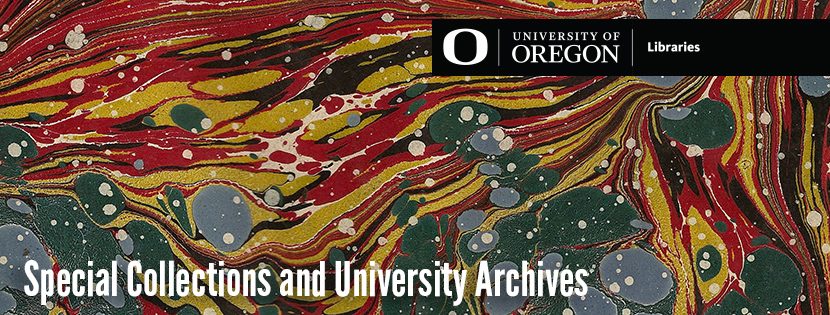New Acquisition: Moses Alshekh

Moses Alshekh, also known as Moshe Alshich, born in the early 1500’s in the city of Adrianople, gained immense influence and respect as a rabbi and scholar. In his service to the Jewish faith, R. Alshekh mastered the teachings of the Torah and delivered sermons incomparable and elevated (Miller, n.d.). In addition to his mastery of the Torah, R. Alshekh immersed himself in the study of the Talmud, the book of Jewish laws, and the study of principles of halakhah, the guide of “day-to-day” living for Jews (Posner, n.d.). As a youth, study in yeshivas under Rabbis Joseph (Yosef) Taitazik and Joseph (Yosef) Caro in the city of Salonika cultivated in R. Alshekh the wisdom and stature of a sage in the interpretation of halakhah and Jewish law (encyclopedia.com, 2020; Miller, n.d.).
As R. Alshekh entered his young adulthood, he transitioned to a life in Safed of Erez, Israel, where he began to solidify his presence in the Jewish faith as an authority of Jewish law and teachings. In addition to gaining prominence as a rabbi, skilled deliverer of sermons, and scholar of halakhah, R. Alshekh engaged in “exegesis” of the Bible, providing critical analysis and interpretation of biblical books. His work in exegesis of the Bible proved comprehensive and revered, becoming the subject of multiple publications, while alive and posthumously, as well as topics of numerous sermons by popular request (encyclopedia.com, 2020). R. Alshekh received official ordainment as a rabbi by the mentor of his youth, R. Joseph (Yosef) Caro, while in Safed. Years later, R. Alshekh had the bounty of ordaining his own fellow scholar of halakhah, Hayyim Vital, as rabbi, whom he had studied closely with for many years (encyclopedia.com, 2020).
During his time in Safed, R. Alshekh immersed himself in the affairs and vitality of the Jewish community of Safed and supported the interests of the community through means of outreach in travel and treatise. Following a long life of service to the Jewish faith, R. Alshekh passed away in 1593. R. Alshekh leaves a rich legacy to the understanding and interpretation of numerous biblical books, a subject of his critical attention, and also of scholarly devotion to halakhah. While R. Alshekh lived to see the publication of some of his work, his posthumous publications were largely overseen by his son Hayyim Alshekh (encyclopedia.com, 2020).
University of Oregon Special Collections and University Archives (SCUA) acquired Sefer sh’elot u-teshuvot by R. Moses Alshekh, published in Venice posthumously in 1605. This form of rabbinical publication is comprised of “questions and answers,” a collection of responsa to inquiries of the Talmud, the Bible, the Mishnah, and other philosophical queries (Bacher & Lauterbach, n.d.). The publication may be accessed for use in the Library Catalog.

Sources
Alshekh, Moses. (2020). Encyclopedia.com. Retrieved July 21, 2020, from https://www.encyclopedia.com/religion/encyclopedias-almanacs-transcripts-and-maps/alshekh-moses
Bacher, W., & Lauterbach, J. Z. (n.d.). She’elot u-teshubot (“questions and answers,” or interpellations and decisions”). JewishEncylopedia. http://www.jewishencyclopedia.com/articles/13525-she-elot-u-teshubot
Miller, M. (n.d.). Rabbi Moshe Alshich. Kabbalah Online. https://www.chabad.org/kabbalah/article_cdo/aid/380688/jewish/Rabbi-Moshe-Alshich.htm
Posner, M. (n.d.). What is halakhah (halachah)? Jewish law. Chabad.org. https://www.chabad.org/library/article_cdo/aid/4165687/jewish/What-Is-Halakhah-Halachah-Jewish-Law.htm
Written by Alexandra Mueller, Special Projects Archivist

